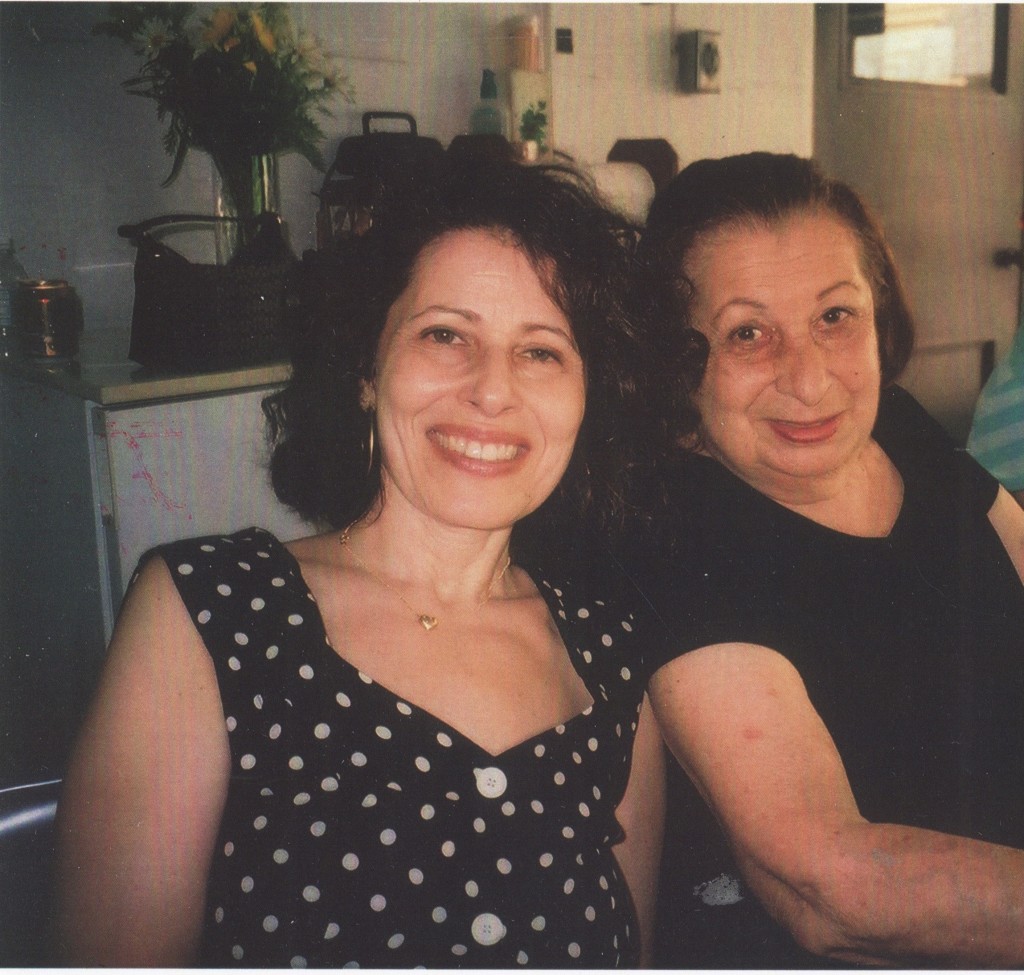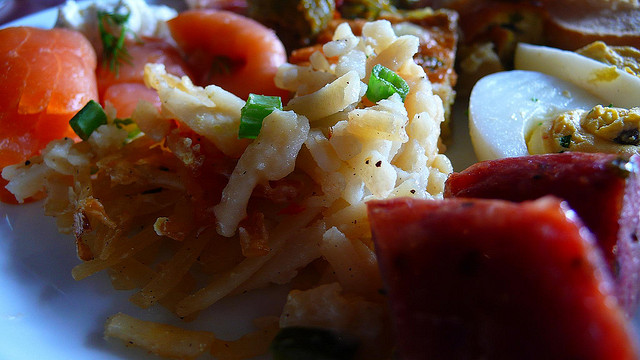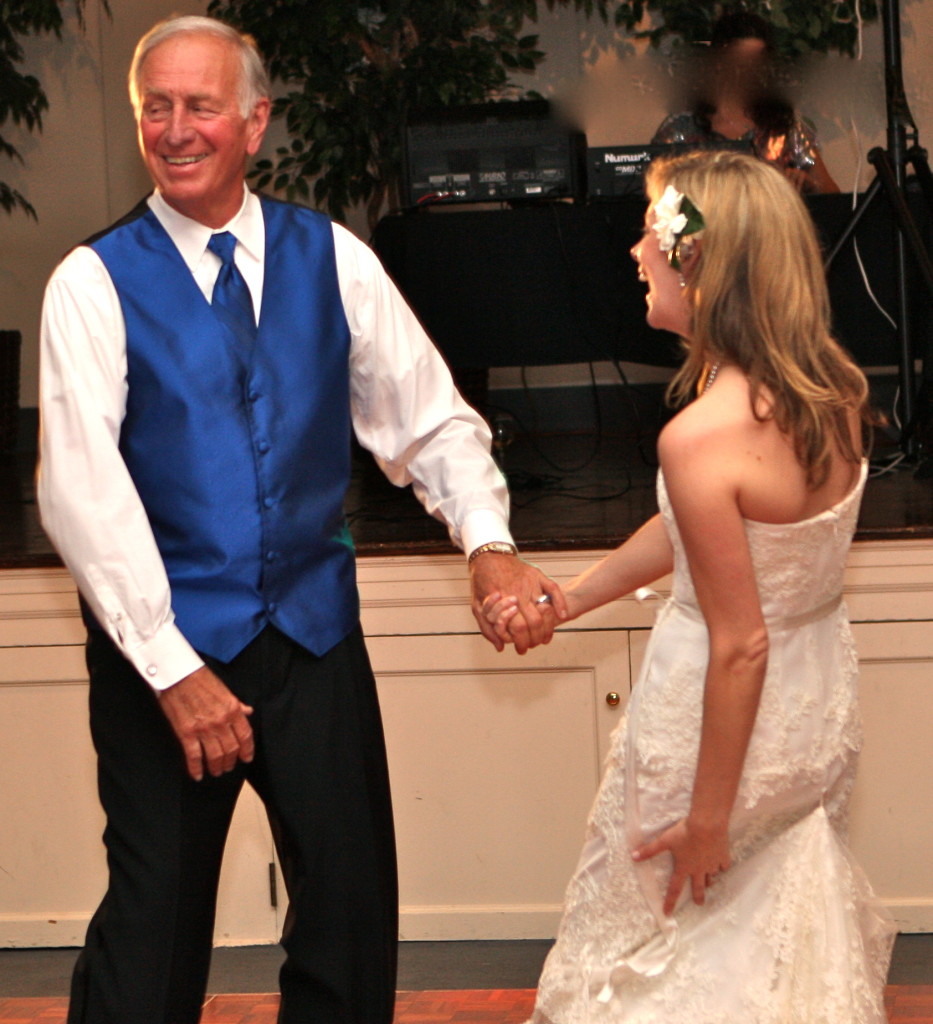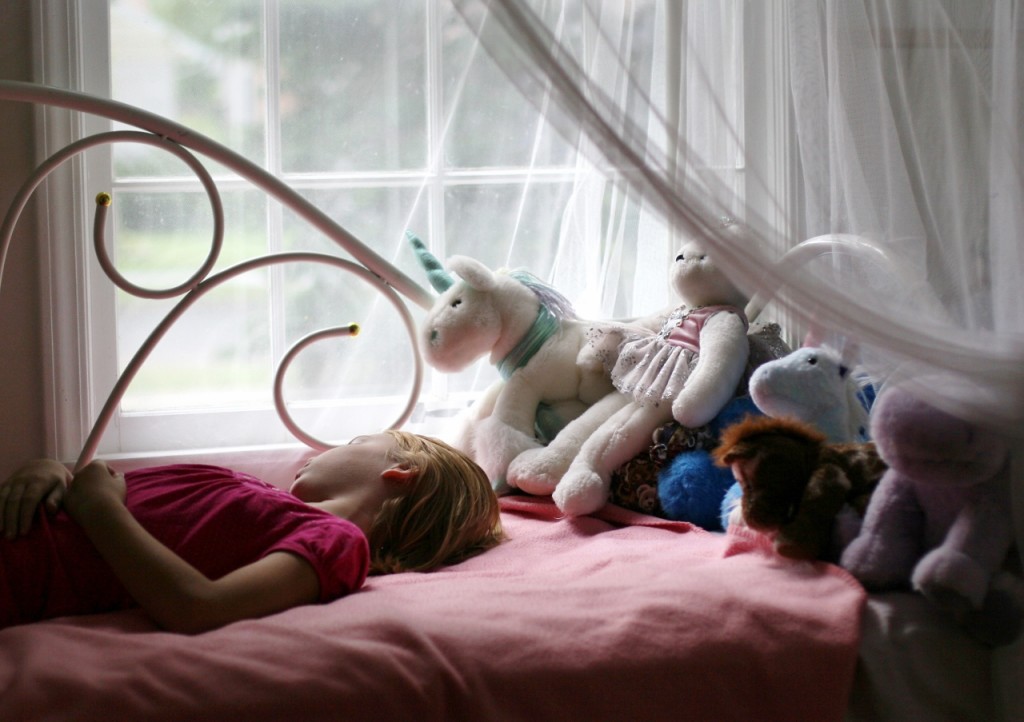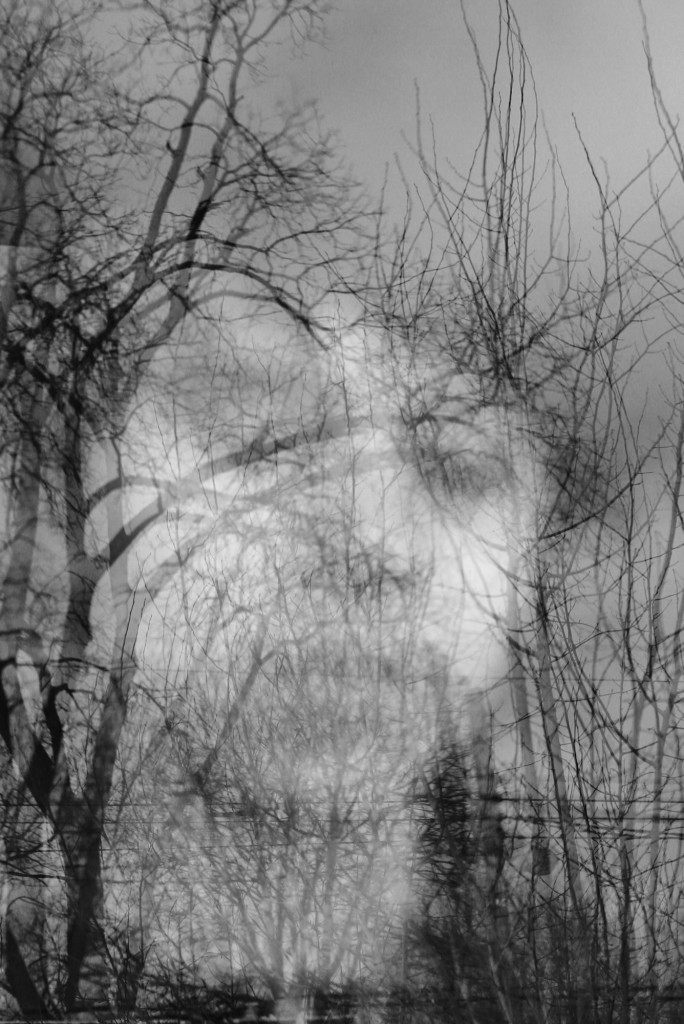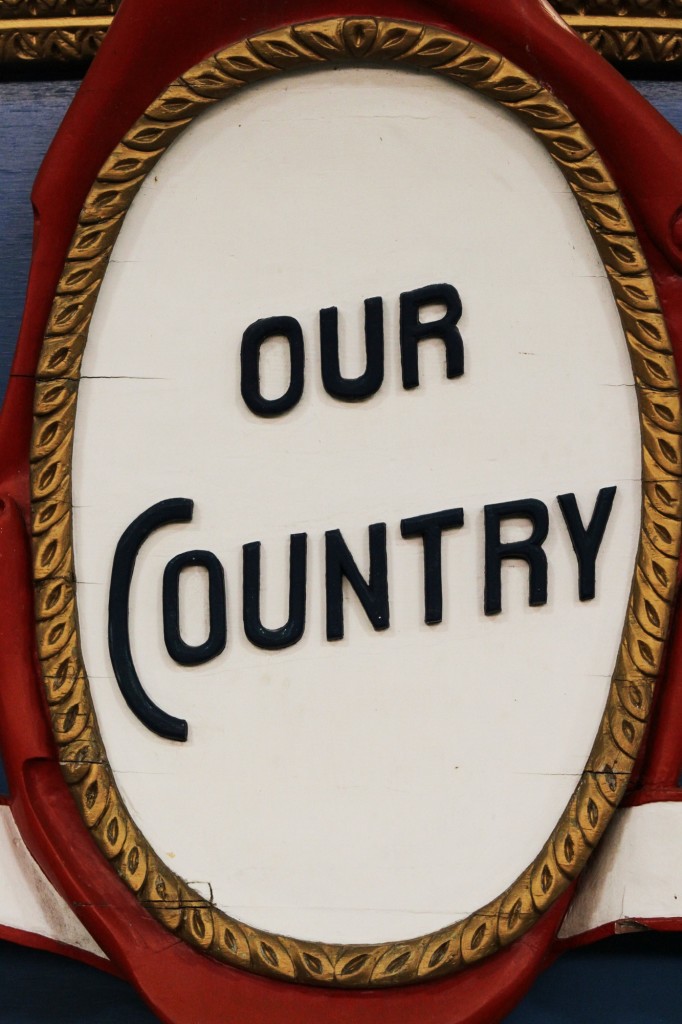
By Bonnie S. Hirst
It should be simple, purchasing a toll bridge pass. I cry when I consider it. My daughter lives on the other side of that toll bridge. In prison.
Several times I have attempted to purchase a pass online. I searched the Department of Transportation website, selected the toll bridge, but I couldn’t convince myself to click the purchase button. Buying a pass for future trips across that bridge would mean I had given up hope that she might win one of her appeals and be released.
My husband and I could have depleted four toll bridge passes by now. That would equate to twenty-four visits. Instead, we pull into the toll plaza each time and idle our SUV in the long line of brake lights. Vehicles with pre-purchased passes whiz by us, their toll fare deducted from their account by remote sensors.
In our rural county, on the opposite side of the state, we have no toll bridges. No need for multi-passes.
To visit our thirty-nine-year-old daughter, we drive six hundred miles round-trip. Those kind of distance and time constraints limit our visits to every few months. In the wintertime, our visits are further apart, with two mountain passes and treacherous snowy roads at higher elevations.
She has been there four years. Even with better weather, our visits are becoming less frequent. Visits are a double-edged sword: a reminder each time we pass through the clanging of the metal gates with the razor wire curled the length of the fencing, that this is now our daughter’s life. Visiting her in prison has become a part of our life.
My silent prayers prior to her conviction were, Dear Lord, may the highest good come from this situation. Please touch her heart with your loving goodness and keep her safe.
When she was arrested, and during the eighteen months she was out on bail, my faith in God’s goodness never wavered. I believed he would watch over her. I believed he would answer my prayers.
My belief in His goodness was answered when my daughter purchased a soft-bound red leather Bible. I was overjoyed when she showed it to me. From the amount of scriptures highlighted in yellow and bookmarked with torn scraps of paper, I could see she had been on her own journey to accept Him.
When she was convicted and sent to prison, I felt God had betrayed her and me. I questioned how I could continue to believe in his goodness when he had not answered my prayers for her safety. How could this be the highest good? I wondered if our daughter would be in prison if I had shared my beliefs vocally. If she had accepted Christ earlier, as I had as a child, would we be in this predicament now?
After receiving her sentence, she worried that our visits would lapse, and our letters would dwindle. I promised her that we wouldn’t forget her. I told her we’d visit often. I told her to not give up hope. I told her God would hear my prayers. I told her He would hear her prayers. During the past four years, I have doubted if he listened.
Time has eroded my faith in His powers. Hope is all I have left.
Visiting a few days after Christmas, my husband and I and our daughter’s daughter were waiting inside the prison lobby to check in. Behind us, a buxom Italian woman in a white peasant blouse chatted and extended kind words with everyone in her vicinity. I admire women like her who aren’t afraid to reach out to other people. Her dark hair tumbled in soft, bouncy waves to her shoulders, and her perfectly applied crimson lipstick enhanced her vibrant smile.
I used to have that type of enthusiasm for life. Since our daughter’s incarceration, I have become more and more emotionally closed in. More doubtful. More protective of my space. I prefer to observe quietly and stay under the radar when in public. I smiled at something the Italian woman said, but kept my body turned away from the conversation.
Our fourteen-year-old granddaughter stepped in front of my husband, and the top of her long brown ponytail grazed his salt and pepper beard. He tugged gently on the dangling portion and was rewarded with a smirk barely wide enough to see her braces. I placed my hand on his muscled arm as we stood in line.
When it was our turn to step up to the desk and present our IDs, I felt my usual trepidation. Would something appear on my clean record that would preclude me from visiting? Or would there be a new guard who wouldn’t recognize me? The picture on my driver’s license was three years old and barely resembled the tired sixty-year-old I was that day. My gray roots showed, and my brunette hair was chin-length and wavy instead of short and neatly wedged like when I renewed my license so long ago.
It seems a lifetime has passed since my daughter was sent to prison. I yearn for the days before her arrest, when I never questioned my faith in God’s steadfast love.
The normal guard with the kind smile was behind the desk.
The Italian woman’s presence had changed the atmosphere in the lobby; even I felt a lightness. She radiated kindness and warmth and brought smiles to the large group of holiday visitors. The lobby had the feel of friends reuniting after a long absence instead of a docile line of strangers.
We were assigned a table number for our visit and a key to a locker to leave our belongings in. We proceeded to the next station to remove our shoes and pass through the metal detector. When cleared, our hands were stamped with invisible ink, and we joined other visitors waiting at the third barricade. The guards released us, and we traversed outside to the next blockade.
Between buildings, a gentle mist of rain fell on our group as we gathered at the steel gate. It buzzed open. We moved like cattle into the next enclosure. The gate we passed through must clang shut before we were allowed passage to the next station. Shiny razor wire coiled in ringlets on the ground and double coiled on top of the fence that surrounded us.
The razor wire overwhelmed me. It’s as if my mind pretended my daughter was away at college. The razor wire jolted me back to reality.
The next double set of doors brought us closer to the visiting area. It had no razor wire. We wedged into the tight enclosure, the guards in their raised station behind tinted glass waited as the exit door behind us closed. In front of us a heavy steel door slid mechanically open. We formed another line and gave the guard our inmate’s name. Our assigned table had the number carved deeply into the top of the table, similar to the old-time school desks with the deep groove for pencils.
Our daughter is in CCU (Closed Custody Unit), the politically correct term for Maximum Security. Her unit is often the last of the groups of inmates to arrive at the visiting room. We watched as other visitors reunited with their daughters, wives, mothers, and grandmothers.
The Italian woman was assigned the table next to ours. When she saw her daughter, she stood and bounced with joy on her toes anxiously awaiting her daughter to clear the guard station. She rushed towards her excitedly and enveloped her with motherly hugs and happy tears.
Our daughter appeared and gave us a slight wave of greeting before she checked in with the guards. We nodded and smiled and waited. Her five-foot-four frame appeared thinner than the last time we visited. When she joined us, our quiet hugs seemed feeble compared to the Italian woman’s. I wondered if the other visitors felt the same.
Our visits follow the same routine. My husband and I sit on the opposite side of the four person table so our daughter can sit next to her daughter or her almost-adult son when he comes with us.
We asked about her new roommate. She asked, “What’s new at home?” We tried to remember something new to tell her. Our conversation felt stilted compared to the laughter and reminiscing that transpired at the Italian woman’s table.
Some days, our scheduled three-hour visits fly by. Other days, we play Yahtzee to pass the time and keep the conversation light. This was a Yahtzee day. Visits near the holidays are emotionally difficult. At home, I have tried to keep our daughter’s traditions alive; like baking and decorating Christmas sugar cookies with her daughter or preparing her kids favorite foods for their birthdays.
Her two children live with us. We celebrate milestones in their lives without her.
The guard at the raised station announced that visiting was over. We took turns hugging our daughter and joined other visitors in the exit line. Our daughter sat with the other inmates, all matching in their gray shirts and sweatpants. They would be searched before they returned to their units.
The heavy steel door opened slowly. We crowded into the tight enclosure. The Italian woman stood next to me and shared with everyone how good it was to see her daughter; that she hadn’t seen her for seven months. She dissolved into gasping sobs and tears streaked down her face.
I uncharacteristically wrapped my arm around her shoulder and leaned my head into hers and said “It’s difficult, the leaving, isn’t it?”
She nodded. “She doesn’t get out for another two years. Does it get any easier?”
I told her, “Some days are better than others.”
She smiled and with a trembling voice said, “I miss her so much.”
I tightened my hug, then released her. I prayed our conversation was over. I didn’t want her to ask the inevitable next question. Our conversation was not over.
She asked, “How long is your daughter in for?”
The agony of the answer contorted my face, and I began to cry. “Life,” I said.
Speechless, the Italian woman, wrapped me into her full bosom. The door buzzed open. She released me. Side by side, we walked towards the enclosure with the razor wire. Our group was silent as we passed through each buzzing, clanging gate. When we arrived at the original lobby, we swept our stamped hands under the black light. The invisible stamp magically appeared. We were cleared to leave.
I entered the single restroom and locked the door behind me. I splashed water on my haggard face to clear my smudged mascara. I lingered. I prayed the Italian woman had left. During previous visits, I had observed an unspoken code of ethics; no one asked about other inmate’s convictions. I was grateful it was taboo. I certainly didn’t want to talk about that, either.
My husband, our granddaughter, and I were in the parking lot walking towards our car when the Italian woman, from several cars away, waved and called out to me, “What’s your first name?”
I was stunned by her question. I preferred anonymity, but she asked with such urgency.
“Bonnie,” I yelled back and watched as my granddaughter disappeared into our car. I wanted to do the same.
The woman bellowed back, “Bonnie, I will pray for you and your daughter. I will have my prayer chain pray for you too. Never give up hope!”
Her kindness buoyed me. “Thank you.” I managed to squeak through the emotion that constricted my throat.
Maybe I have been wrong in doubting God. Maybe He had heard my prayers. Maybe the Italian woman was a sign from Him to keep my faith strong. Maybe I won’t be needing that toll bridge pass.
•••
BONNIE S. HIRST is currently working on a book-length memoir. After a thirty-five year hiatus from writing (being a mom and grandma), she is enjoying connecting with other writers. She loves feel-good movies and stories with happy endings. When life tries to shorten her stride, she prays, cries, reads self-help books, and writes. She can often be found kayaking on a calm mountain lake. Connect with her: https://www.facebook.com/BonnieSHirst and https://www.icantquotescripture.com.

 Follow
Follow

